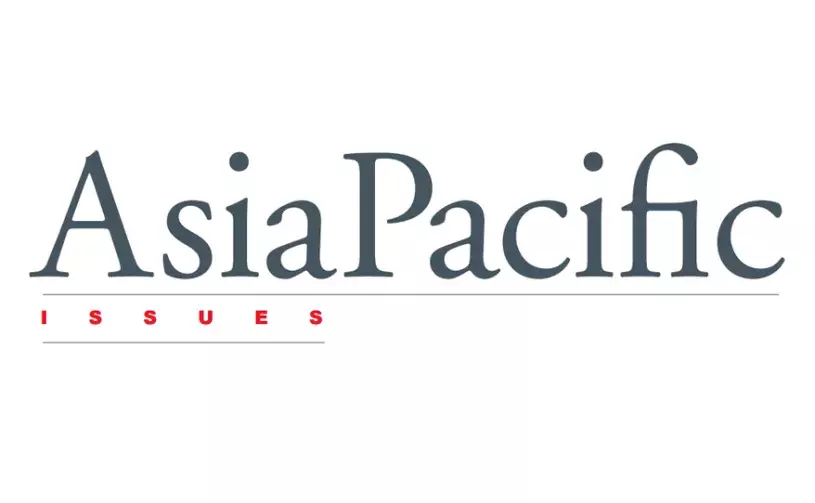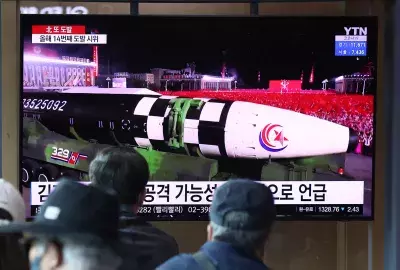Error message

The US model of free-market capitalism has been a dominant force in the post-communist world order, setting the agenda for economic governance and development. That supremacy, however, was severely tarnished by the 2008 global financial crisis, increasing the potential for new challenges from alternative economic models. Now, models of capitalism espousing more state involvement as practiced in Brazil, Russia, India, and, especially, in China are contenders on the political economic landscape of the world. They are engineering rapid growth by adapting core tenets of the free-market capitalist model and embracing globalism. At the same time, they maintain state ownership of key enterprises and varying degrees of state control over the financial sector. While these practices certainly challenge the free-market status quo, the mentality that views free-market vs. state-controlled capitalism as a zero-sum game appears unrealistic. Instead, a productive course would be to view these new systems as viable ways to organize capitalist production and market institutions, triggering over time measured shifts in the global policy consensus.
The views expressed in this publication are those of the author and not necessarily those of the Center.
The US model of free-market capitalism has been a dominant force in the post-communist world order, setting the agenda for economic governance and development. That supremacy, however, was severely tarnished by the 2008 global financial crisis, increasing the potential for new challenges from alternative economic models. Now, models of capitalism espousing more state involvement as practiced in Brazil, Russia, India, and, especially, in China are contenders on the political economic landscape of the world. They are engineering rapid growth by adapting core tenets of the free-market capitalist model and embracing globalism. At the same time, they maintain state ownership of key enterprises and varying degrees of state control over the financial sector. While these practices certainly challenge the free-market status quo, the mentality that views free-market vs. state-controlled capitalism as a zero-sum game appears unrealistic. Instead, a productive course would be to view these new systems as viable ways to organize capitalist production and market institutions, triggering over time measured shifts in the global policy consensus.
The views expressed in this publication are those of the author and not necessarily those of the Center.







